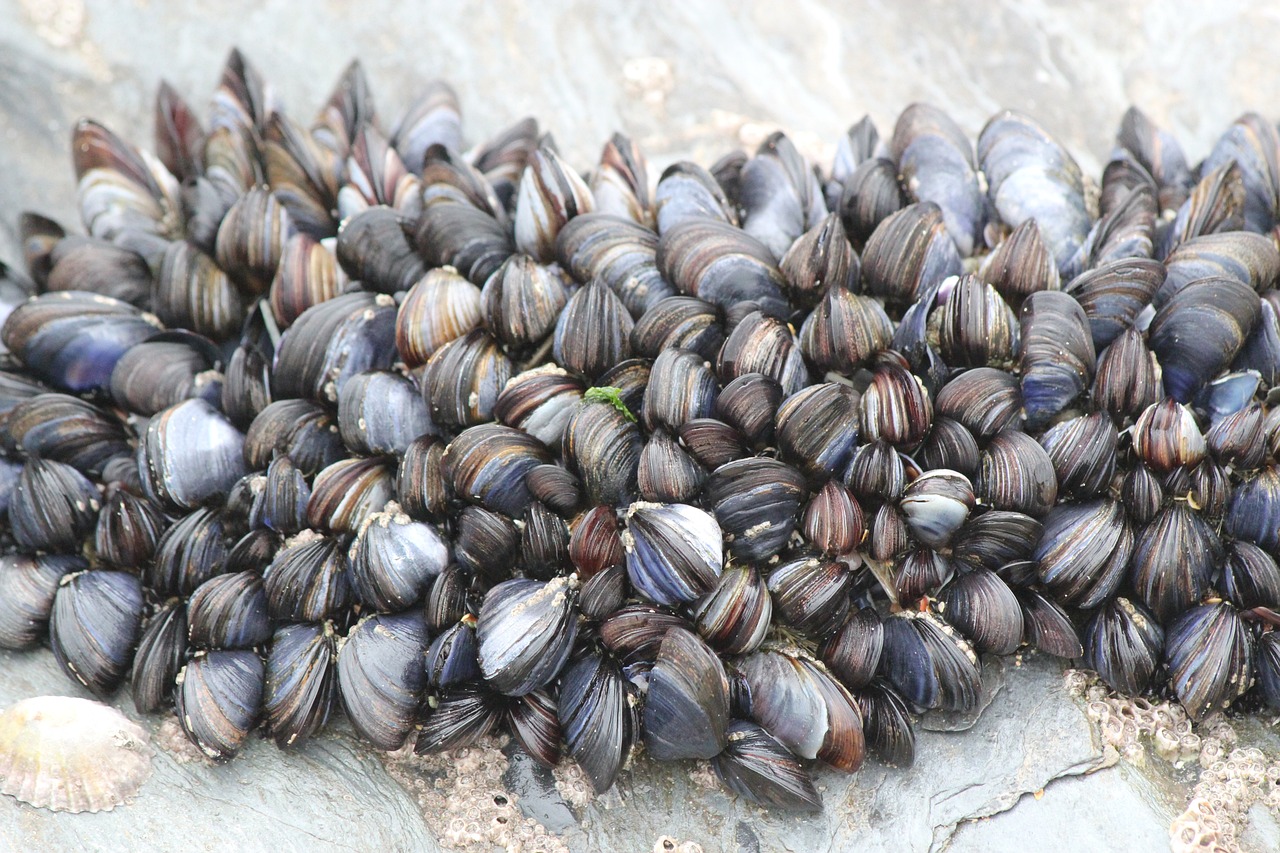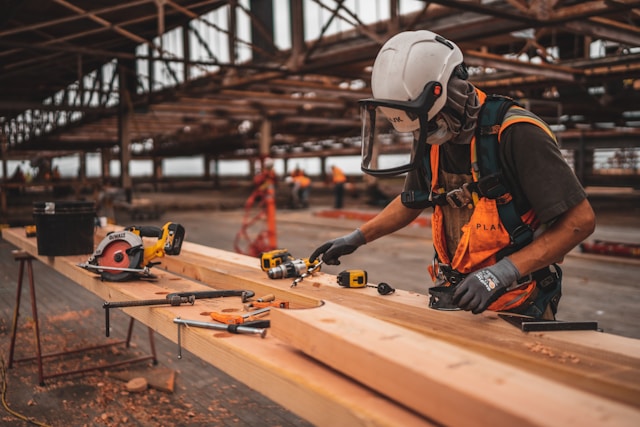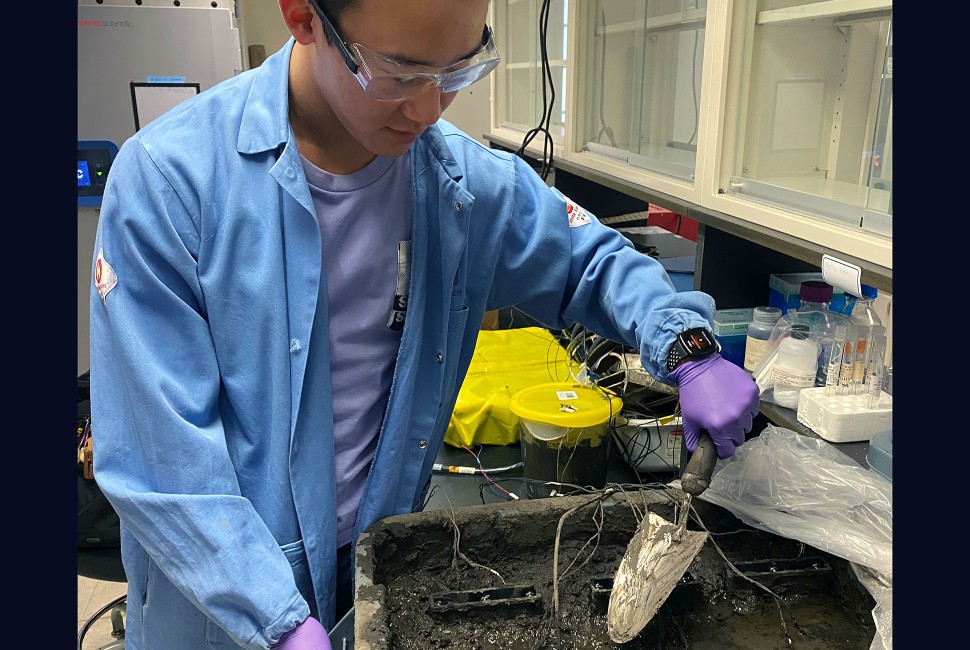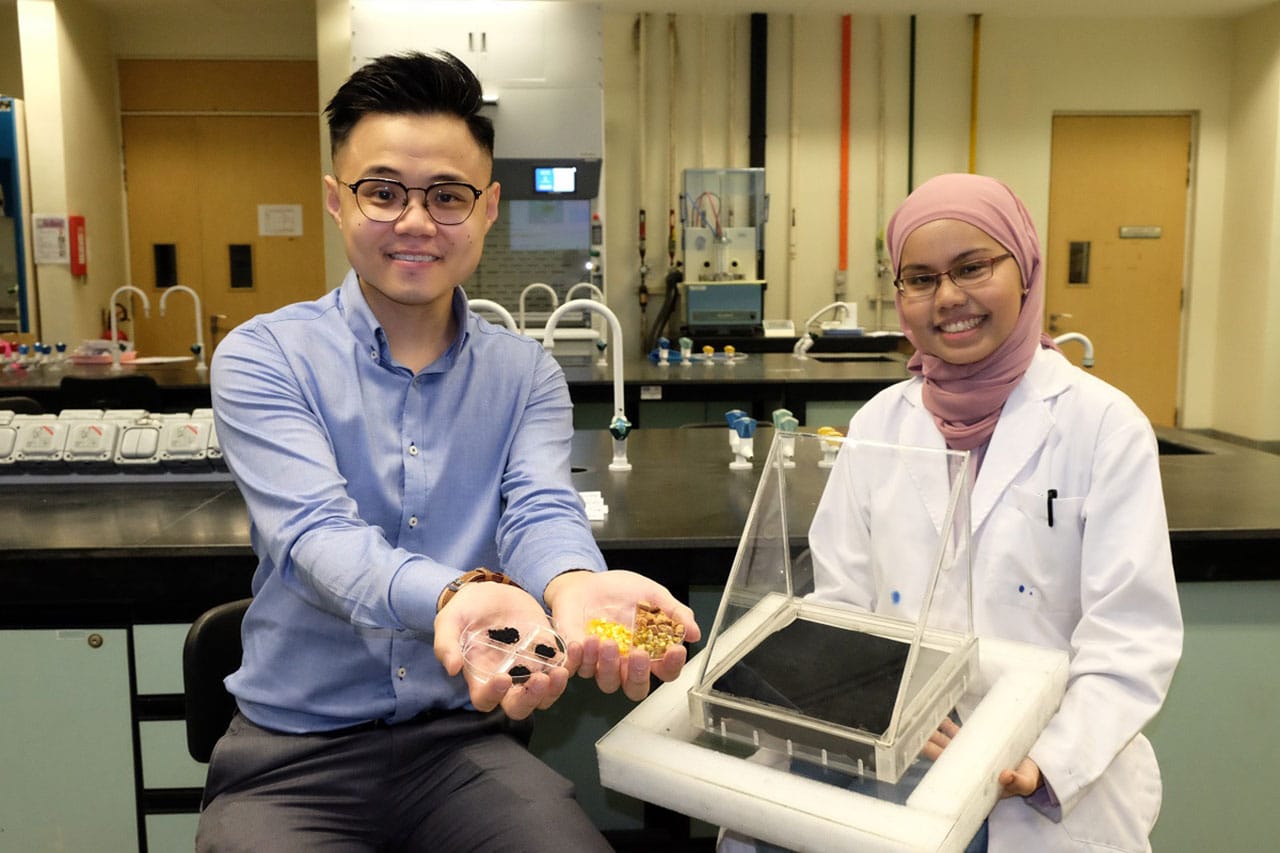Researchers from Pohang University of Science and Technology (POSTECH) have developed a novel coating for implants utilizing a protein derived from mussels to combat infections. This coating has the potential to significantly improve the success rate of implant procedures by preventing the growth of bacteria at the implant site.
Mitigating Risks: The Challenge of Bacterial Infections
Bacterial infections occurring in the vicinity of newly placed implants pose a significant risk, potentially resulting in complications such as a compromised connection between the implant and the bone. In such cases, additional surgeries are frequently necessary to prevent the premature failure of the implant.
Several groups have previously devised antibiotic coatings for implants to navigate through the initial infection-prone phase. However, certain substances exhibit a continuous release of antibiotics, regardless of the site’s condition. This indiscriminate administration can contribute to bacterial resistance, diminishing the efficacy of antibiotics.
In the pursuit of a more targeted and durable solution, a team of Korean scientists turned to the proteins utilized by mussels for adhering to rocks.
Bioengineered Innovation: Mussel Adhesive Protein (MAP)
The scientists developed a bioengineered Mussel Adhesive Protein (MAP) that produced significant amounts of the naturally occurring amino acid called DOPA. This engineered MAP was further enhanced with a combination of gentamicin, a commonly used antibiotic, and iron ions.
The MAP forms a durable coating on implants, releasing the antibiotic only when bacterial infection occurs, based on changes in pH levels. This targeted release minimizes antibiotic resistance while effectively combating infections.
In animal tests, the coating released 70% of its antibiotic payload within eight hours, effectively eliminating Staphylococcus aureus bacteria. It remained securely attached to titanium implants under mechanical stress and stayed effective throughout the four-week bone regeneration phase.







